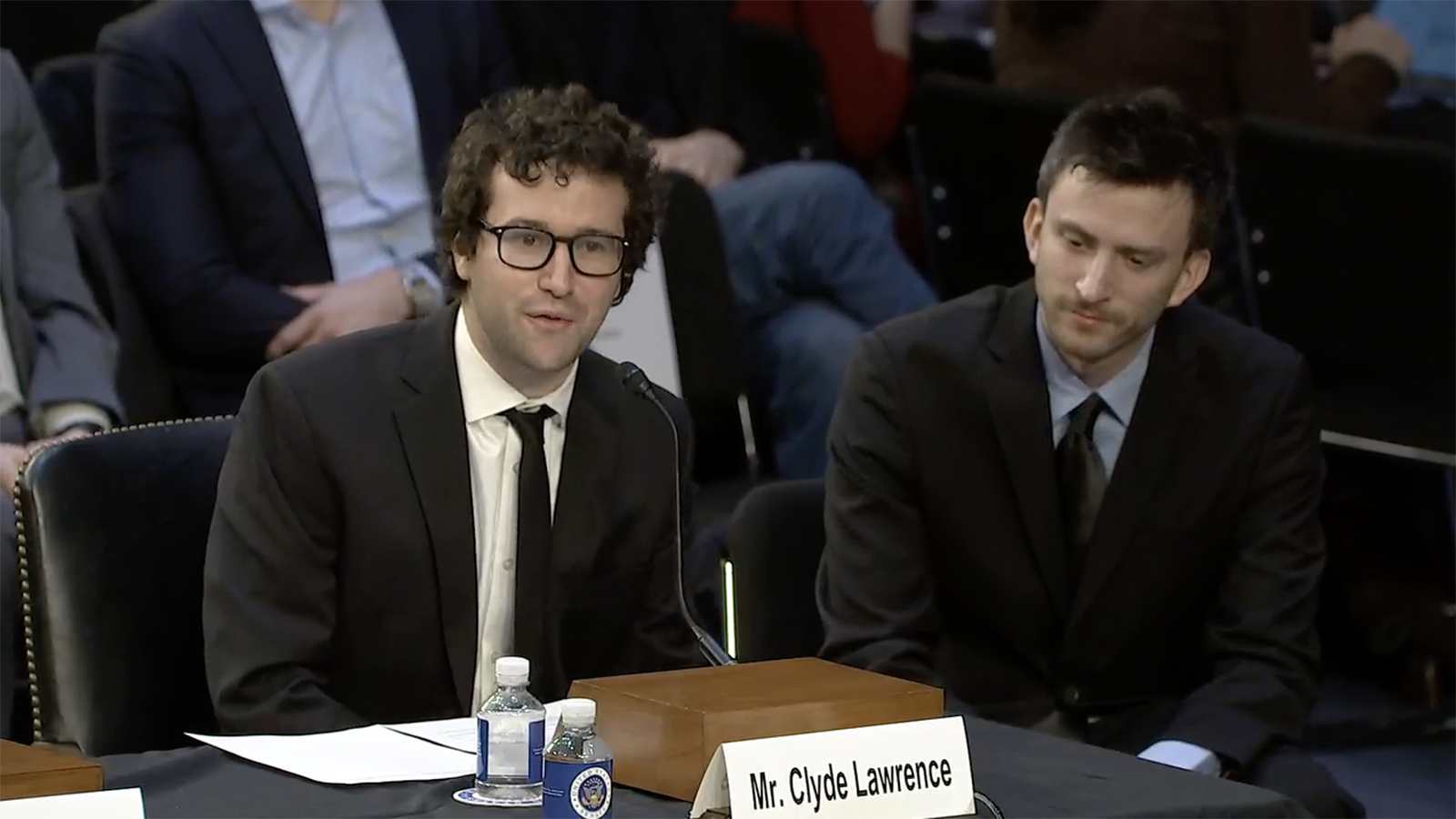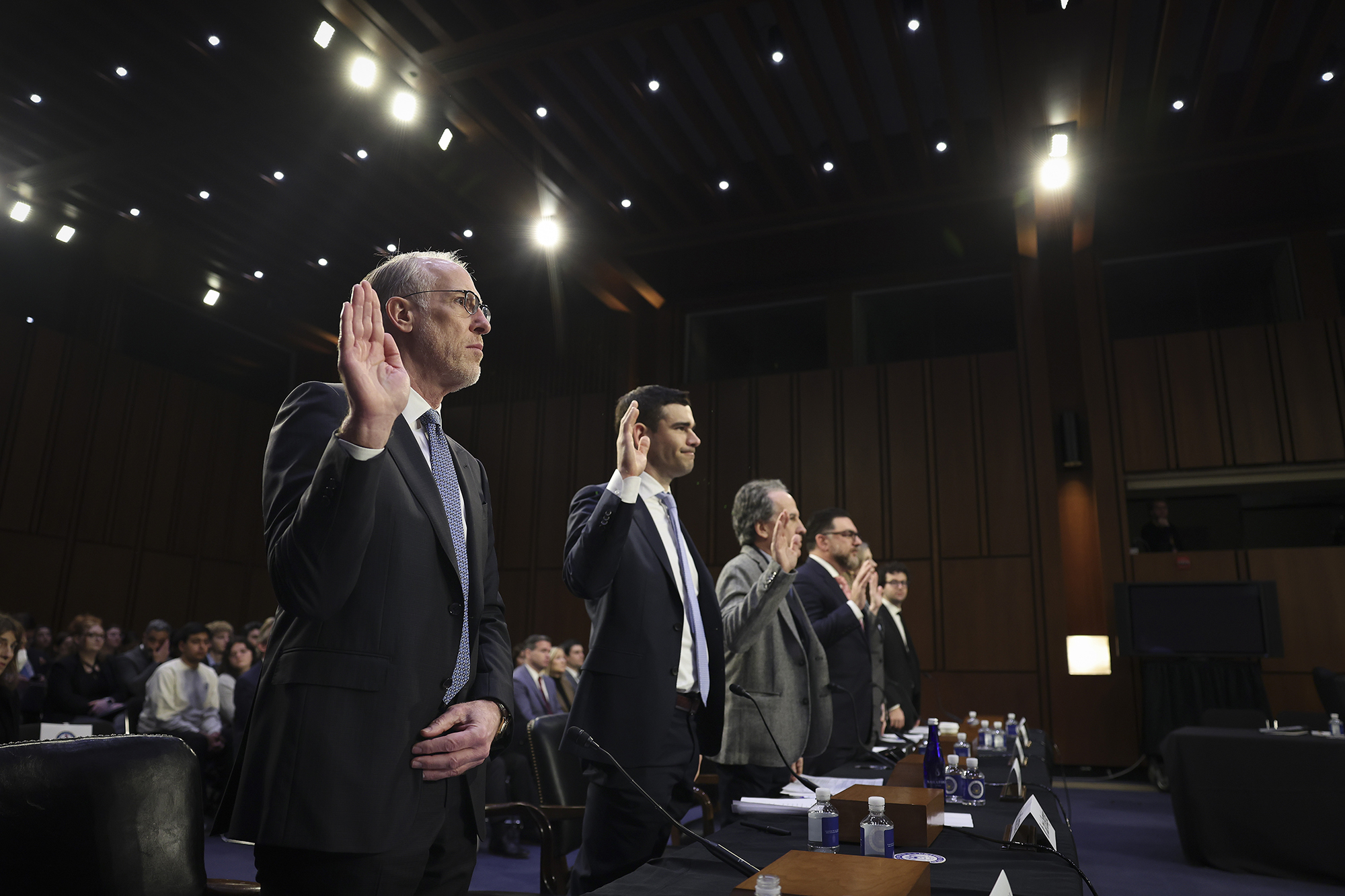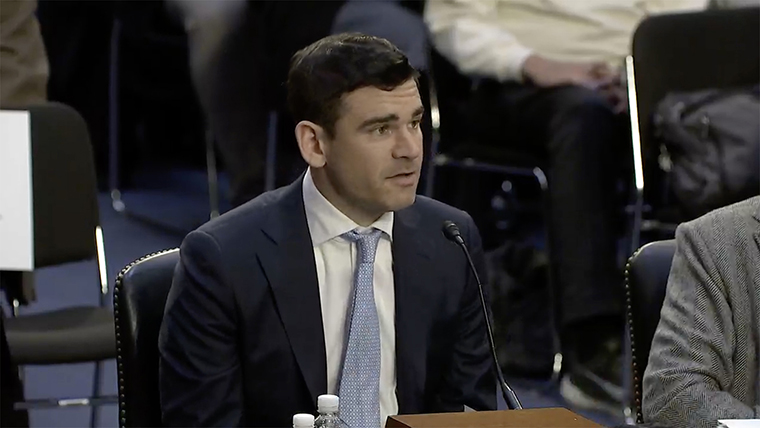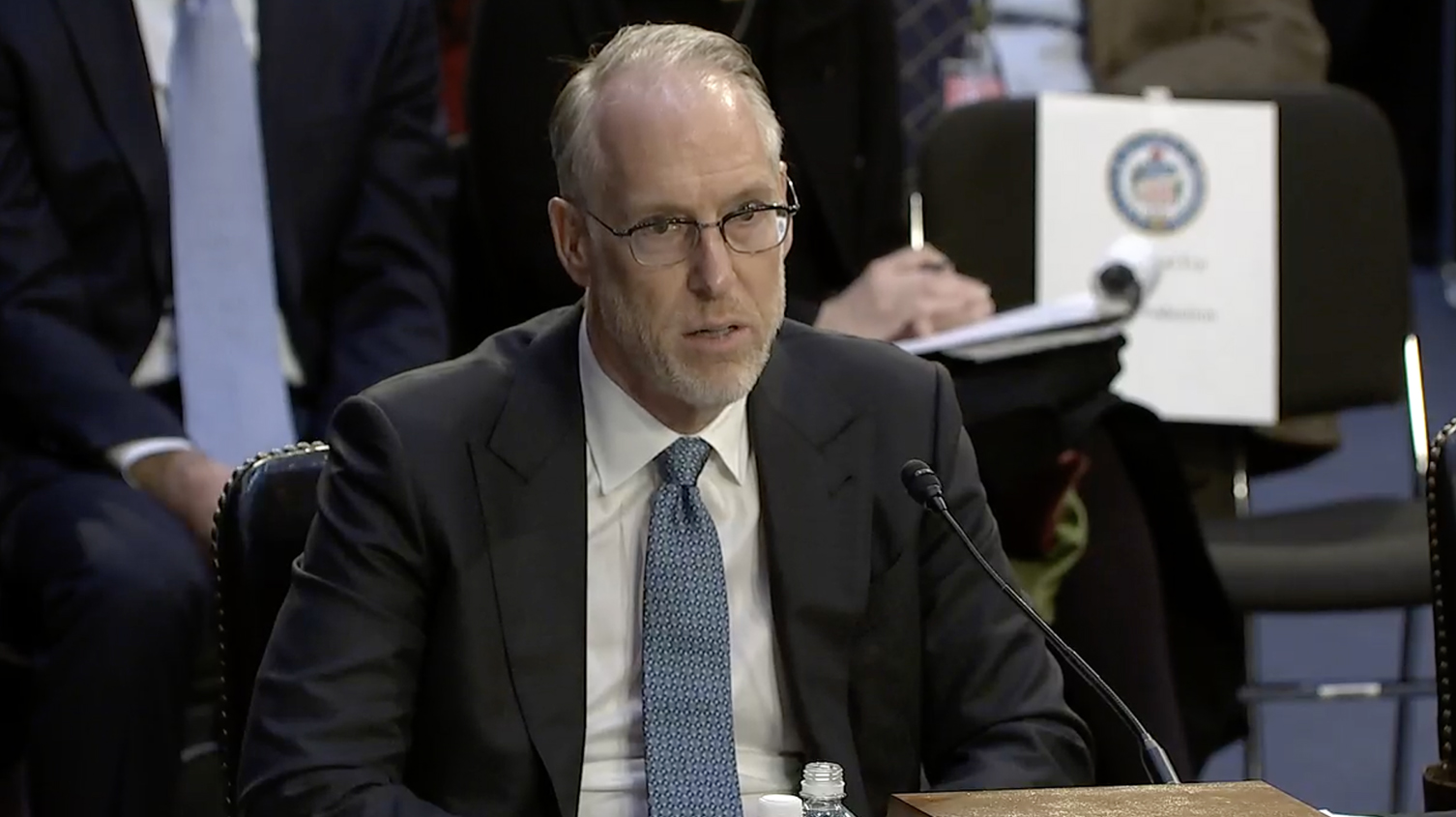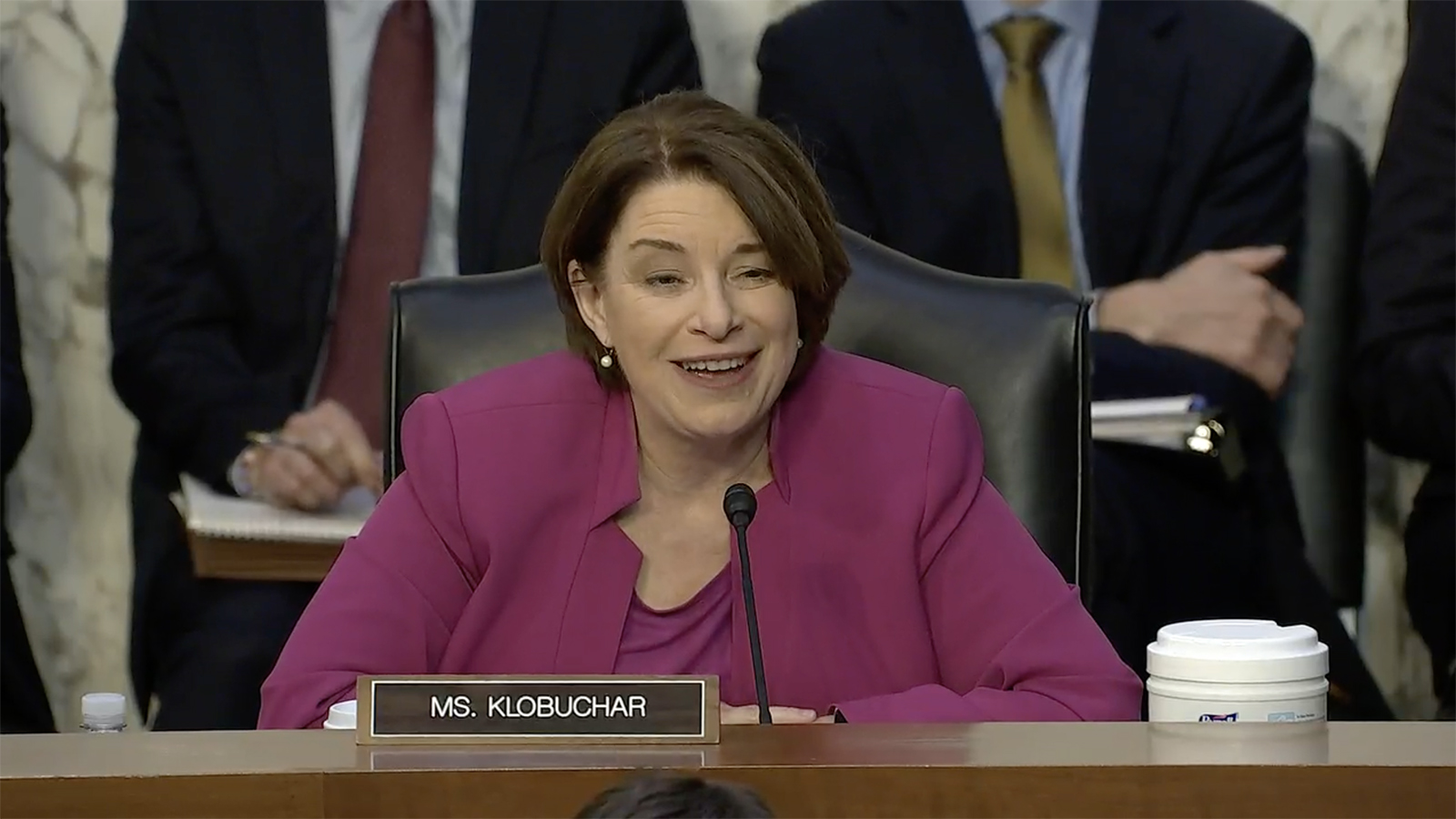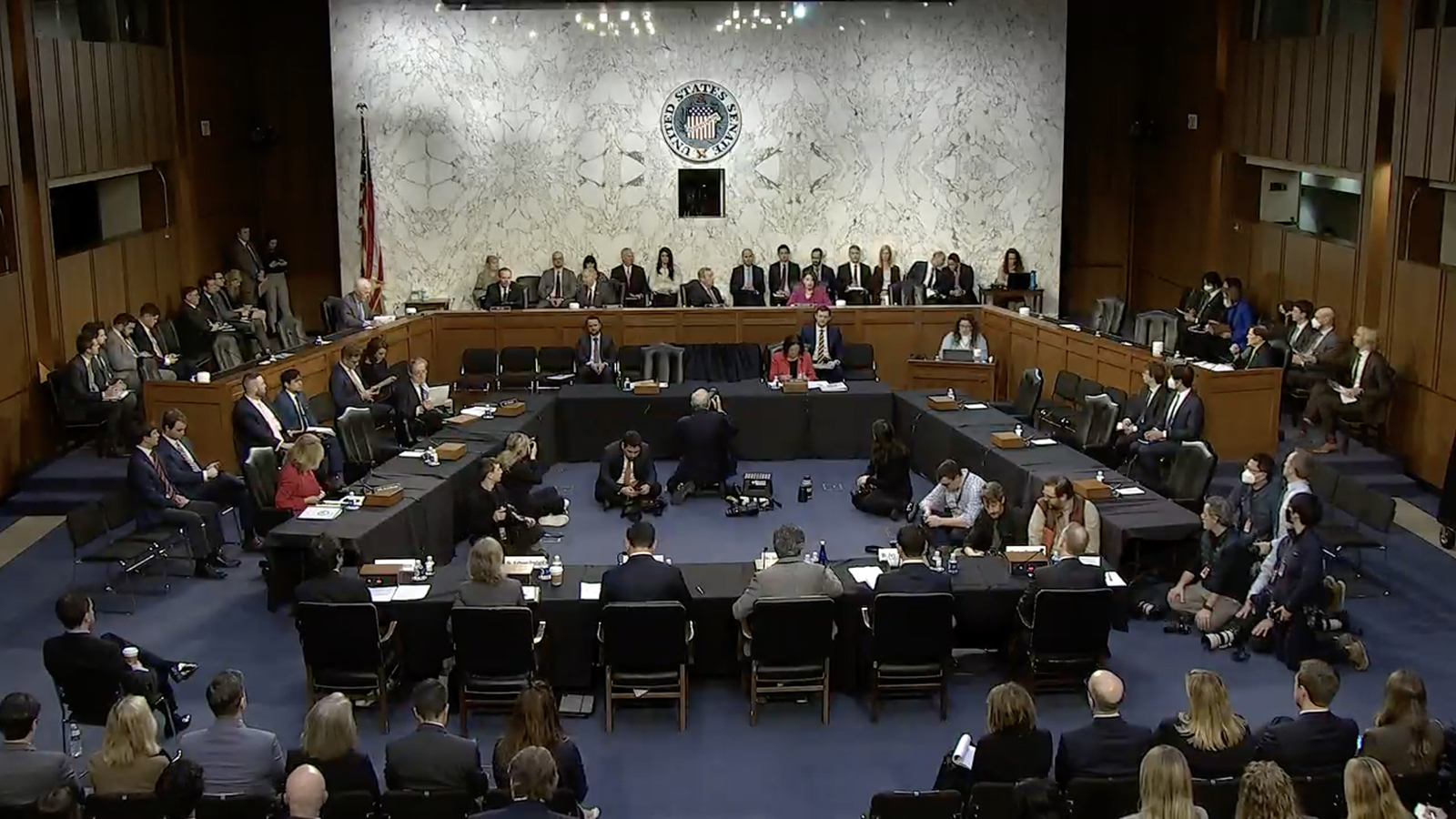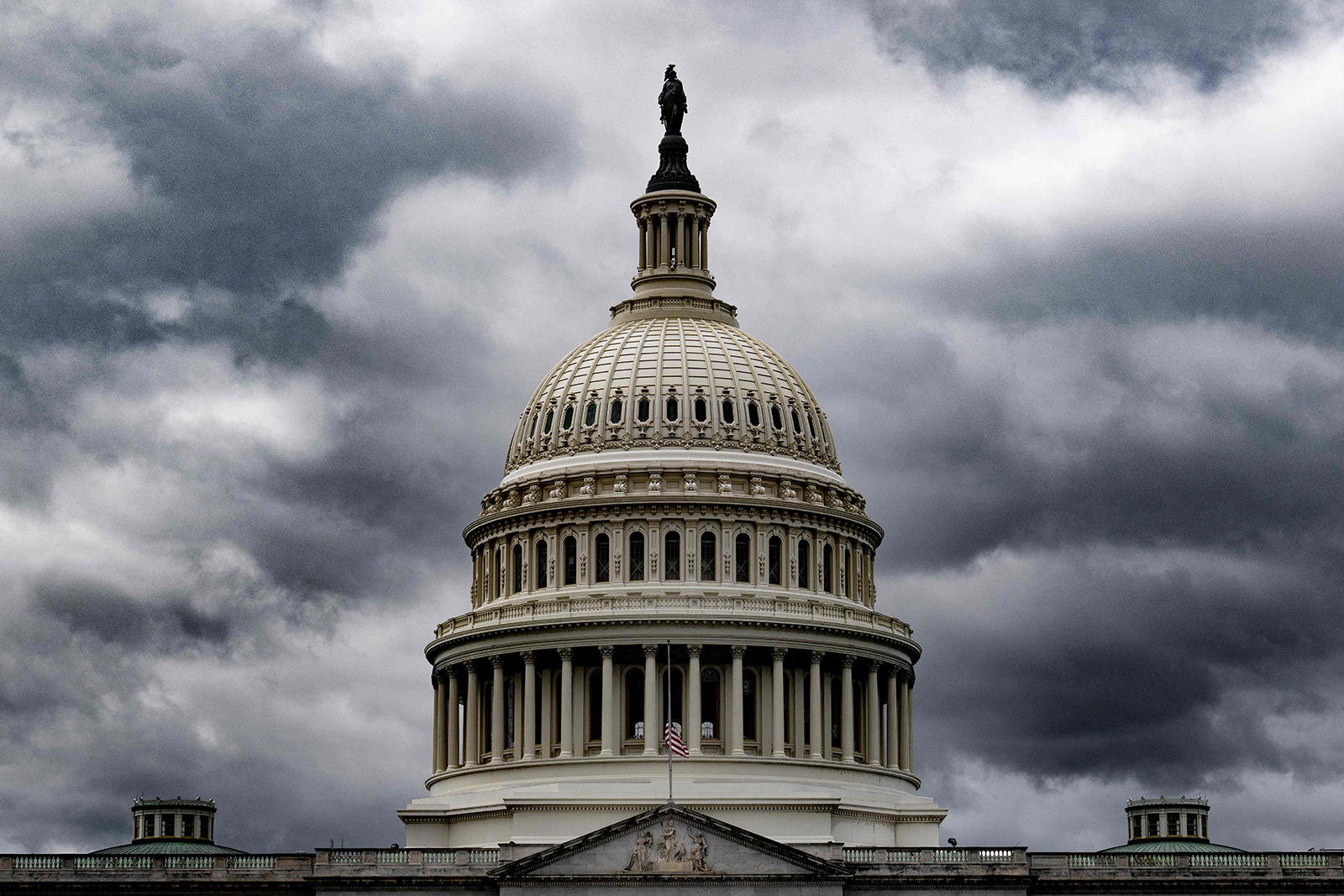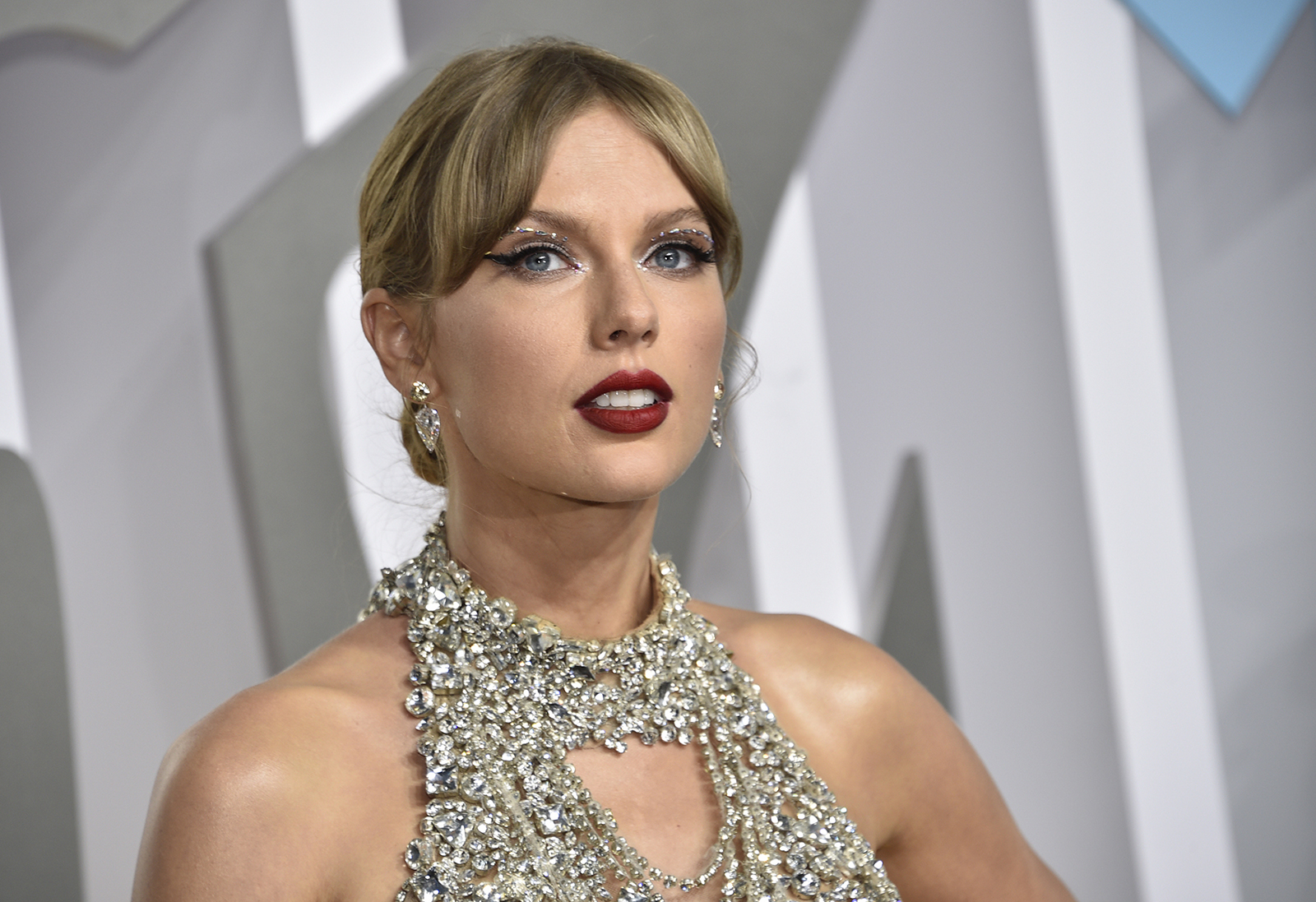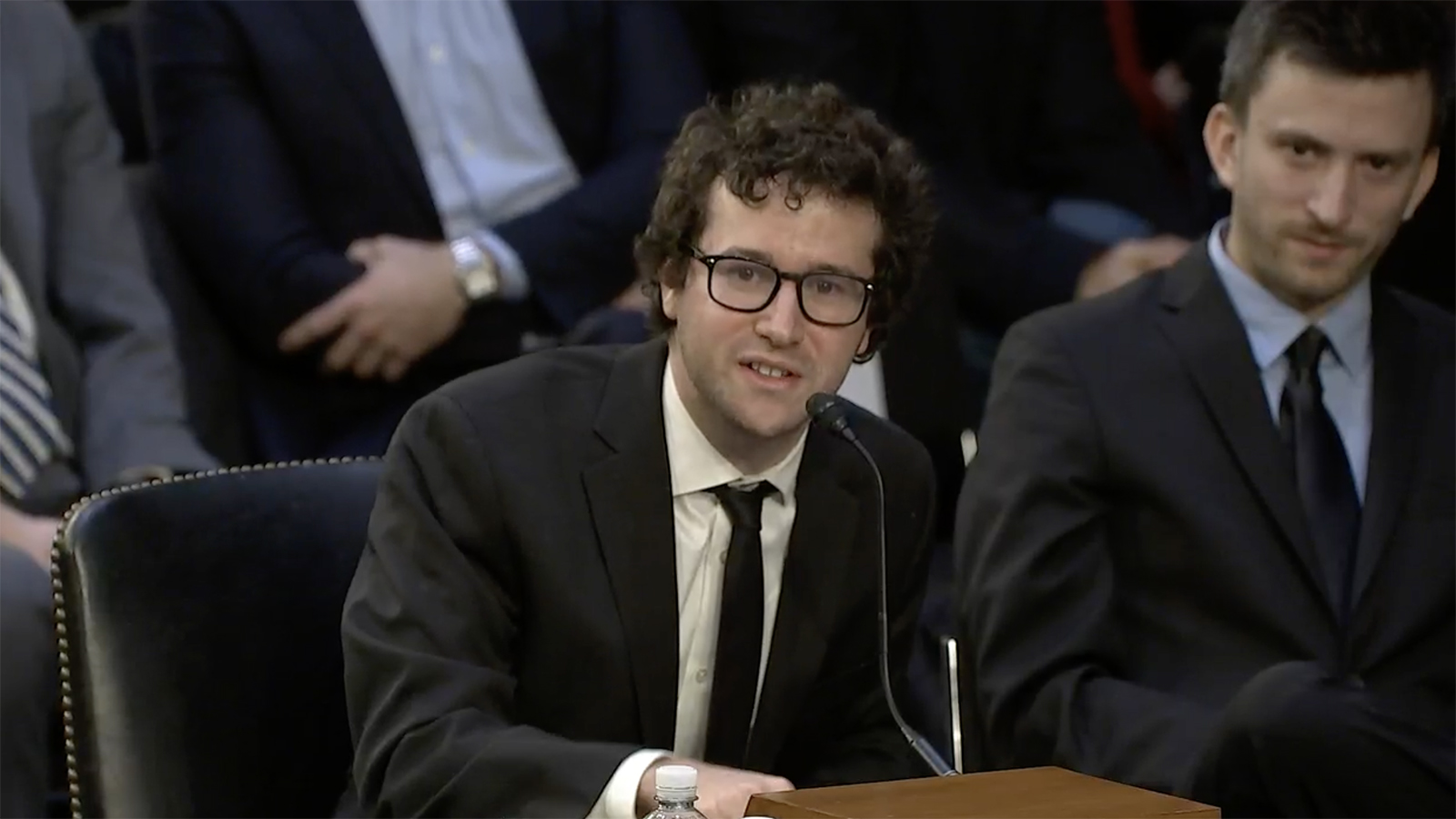
In his opening remarks at a Senate Judiciary Committee hearing, singer-songwriter Clyde Lawrence explained how a fan's ticket money would be shared between a hypothetical concert played at a venue owned and operated by Live Nation, the parent company of Ticketmaster.
"A fan's ticket money could be listed at $30, but Ticketmaster tags on a 40% fee, so the fan pays $42. However, the band's share is a mere $12, with not a cent from Ticketmaster's added fee," he said.
"And for the record, we've had them go as high as 82%," Lawrence said. "As with promotion, if an artist plays at a Live Nation venue, then the artist has no choice but to have the show ticketed by Ticketmaster. To be clear, we have absolutely zero say or visibility in how much these fees would be. We find out the same way as everyone else by logging on to Ticketmaster once the show already goes on sale."
While Live Nation's concert organizing costs are accounted for, the band still needs to pay for its tour cost, Lawrence explained.
"In our case, roughly 50% of our earnings is used to cover expenses. So that leaves us for $6 for an eight-piece band, pre-tax — and we still have to pay our own health insurance," he told lawmakers on Tuesday.
Lawrence is part of an eight-member band called "Lawrence," which he says is a group of "seasoned artists who have toured extensively over seven years, starting with empty bars, working our way up to headlining sold-out shows for thousands of people and seeing our music chart on top 40 radio."
Lawrence has composed music for motion pictures, including the Disney+ holiday comedy movie “Noelle.” He also told lawmakers that the reality of being in this career has forced him to "embrace the entrepreneurial aspects of pursuing careers as artists."
